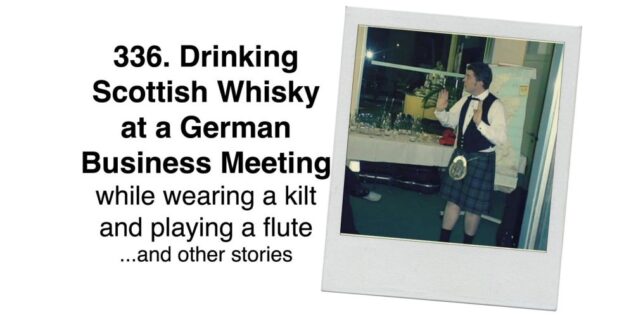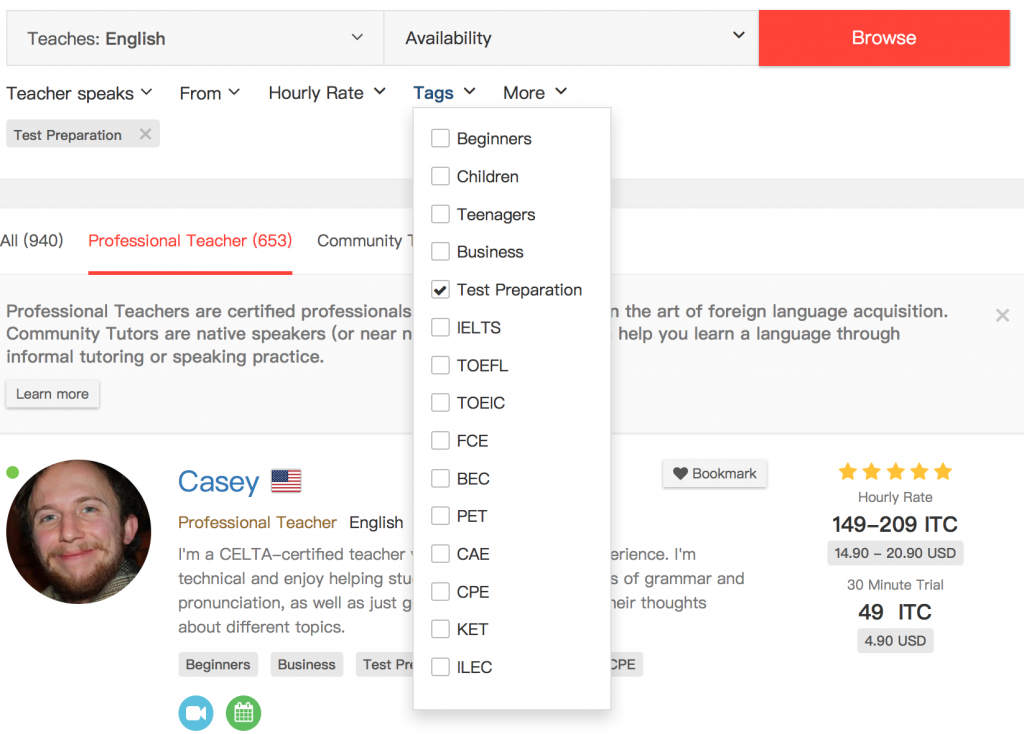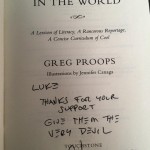Hello everyone, I hope you’re well. Here is an episode featuring a conversation with my Dad about Brexit – The UK’s referendum on the EU. Finally! I’ve been mentioning this for a while so here it is. You’ve seen it in the news, you’ve read it in the papers – the UK is having a referendum on membership of the European Union and who knows, we might end up leaving. It’s all over the news and the internet in the UK at the moment, everyone’s talking about it – you can’t escape it and it’s going to get more and more intense the closer we get to 23 June, the date of the referendum. I’ve had plenty of messages from listeners asking me to talk about this on the podcast, so here we go.
![]() [DOWNLOAD]
[DOWNLOAD]

Brexit: A Complex Issue
I’ve been wondering how to approach this topic for ages. It’s actually a very complex issue which I would like to cover properly, taking into account the different arguments in some detail in order to bring some genuine insight to the issue. I think that one of the problems with the subject of the EU and Brexit is that the issues are genuinely difficult to understand, and it takes proper effort and patience to understand them fully. I think it’s fair to say that these days people just don’t feel they have the time or the willingness to look deeply at the issues, and instead just arrive at their opinions based on an emotional reaction. There’s little tolerance for nuance or broad-mindedness it seems. So, I could just skate over the issues and cover this in just one short episode – but you know, I don’t like to do that on this podcast, and in fact podcasting as a medium is generally a great way to have an extended conversation on a topic. You rarely get extended, natural conversations on TV or on the internet about subjects like this. More and more there’s a pressure to make TV broadcasts short and quick, but as a result some of the subtleties are lost. There’s a tendency towards soundbites and short emotion-driven arguments. As a result, some of the more complex arguments are not heard. Certainly with the issue of Brexit in the media – our emotions are being played upon all the time – it’s either ‘fear’ like in the case of David Cameron who suggested that a Brexit could lead to World War 3 or it’s patriotic nationalism on a ridiculous level, like Boris Johnson comparing the EU to Hitler and saying that Britain could be the heroes of Europe. That’s all highly emotional political rhetoric. But let’s have a normal conversation about it shall we?
I think there are several ways to deal with the Brexit subject on this podcast. I could start with the vocabulary and terminology – because there’s a lot of specific language involved in this, when you consider that the whole thing relates to issues like the economy, immigration, sovereignty, legislative procedure, social policy, the environment, security and the workings of the EU institutions. So, I could take a bottom up approach and start with the terminology or the language of Brexit. Or I could go with a top down approach and just talk about the subject. In the end I’ve decided to go with the latter – and that’s to just jump right into the topic here by having a conversation about it. And who better to talk to than my Dad, Rick.
So this is the first thing you’ll hear on the subject – a conversation with my Dad – before I expect to go into Brexit in a bit more detail in some later episodes.
Now, you’ve probably heard my Dad on this podcast before. I thought it could be interesting for you to hear on this podcast a conversation between a well-informed, articulate and intelligent man, and his father. (ha ha)
Just one final point here before we listen to the conversation. The day before I spoke to my Dad for the podcast, I posted a question on social media, saying “My Dad’s going to be on the podcast talking about Brexit – do you have any questions?” I got loads of questions from interested LEPsters. Thank you very much if you wrote one. What I did was to consolidate all your queries and points into a just a few simple questions which I then used as a basis for this discussion. So, I don’t actually read out your questions or mention any names, but thank you for your questions – I think we managed to cover a lot of them in our conversation. Anything we didn’t deal with, I’ll come back to later on.
Alright, so without any further ado, let’s now hear the conversation with my Dad Rick about the UK’s referendum on Europe, and here we go.
*Conversation Begins*
The questions below are a summary of the questions I received from LEPsters on Facebook.
1. WHAT IS BREXIT?
2. WHY HAS THE BREXIT QUESTION COME UP NOW?
3. WHAT ARE THE MAIN ARGUMENTS FOR AND AGAINST BREXIT?
- The ‘leave’ campaign
- The ‘remain’ campaign
- What are the main arguments of the ‘leave’ campaign?
- What are the main arguments of the ‘remain’ campaign?
4. WHAT WOULD BE THE CONSEQUENCES? (I don’t think we really answered this – so I’ll come back to it)
5. WHAT DO WE THINK PERSONALLY?
*Conversation Ends*
I said there at the end that it’s all a bit complicated. While recording that interview I was thinking that it was bound to be very difficult to follow. Actually, after listening back to that conversation, I think we managed to deal with it in a fairly clear way, especially my Dad, who is very articulate and well-informed on the subject.
I have a variety of listeners with varying levels of knowledge of this subject, so I’m sure some of you followed that without too many problems whereas others might have been a bit lost at times.
So, I do think it’s worth talking more about Brexit on the podcast and I plan to go through some of the key vocabulary associated with this and also revisit the main arguments in forthcoming episodes. Also, as we move closer to the referendum date I am sure more things will happen in the news and it will be interesting to keep an eye on the opinion polls. So watch out for more Brexit-related commentary in the near future.
As ever I am very keen for you to express your opinions on the website. So please leave your comments. What do you think? What do you think about my Dad’s opinions in this episode, and how would you vote in the referendum?
Should the UK leave the EU or should the UK remain a part of the EU?
The LEP EU POLL
In fact, let’s do an LEP EU Referendum of our own, shall we? I wonder how the LEPsters would vote in this referendum.
I have opened up a Brexit poll on my website (you can see it below) – so please visit and cast your vote. It’s anonymous and you don’t need to add your email address.
[socialpoll id=”2363089″]
Thanks very much for listening and take care! BYE!
Luke
Comments & Questions from LEPsters on Facebook
General questions and points of view
My question: why do you think it’ll be better for the UK to stay or to go out? (depending on your point of view).
I’d like a precise answer, and nothing vague please. I’m from Spain and I live and work in London, so I am deeply interested in this issue.Thank you very much!!!
Anna : If the UK finally decides to abandon the EU, would it still be a member of Schengen area? Yaron: I would like to know how it going to affect you personally, if UK will leave (as English man who currently live and work in France)… In addition, I would find it interesting if you will discuss whether UK will leave the EU, would it be the start of the end of the EU. ie, would other countries will also leave the EU eventually (maybe not France and Germany… But other nations)
Kenichi : I would you like to summarise how people supporting the Conservative party or the labour one think about the Brexit. And If the Brexit happens, what would happen on daily goods imported from other EU countries such as wine, beer, sausage, etc. The reason why I’m asking is because I suppose the UK has been getting a lot of benefits from the cheaper trade as a member of EU so far, and those benefits would be lost after the Brexit.
Robert: If UK leave UE, it will mean that citizens other EU other country (for example Polish) have to leave UK? What do you think. If UK leave UE it would be end of EU?
Anna: Luke, what is your personal attitude towards this issue? How are you going to vote?
Jairo: I am going to borrow a question from BBC News and ask your dad :
tell us in ” six ” words 😊.


 italki
italki













